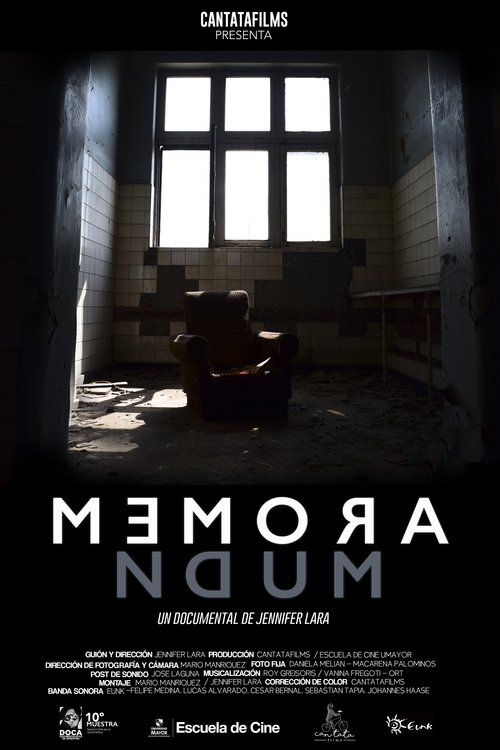Chile (1970-1973) (2024)
Chile would become the first country in the world to democratically elect a Marxist president, Salvador Allende. After his arrival to the government in 1970, the class struggle would reach a decisive point for the country in 1973.
Genre
Available in streaming on
For now, we have not found any platform that offers this movie in streaming...
Chile would become the first country in the world to democratically elect a Marxist president, Salvador Allende. After his arrival to the government in 1970, the class struggle would reach a decisive point for the country in 1973.
Movies like Chile (1970-1973)
6.5
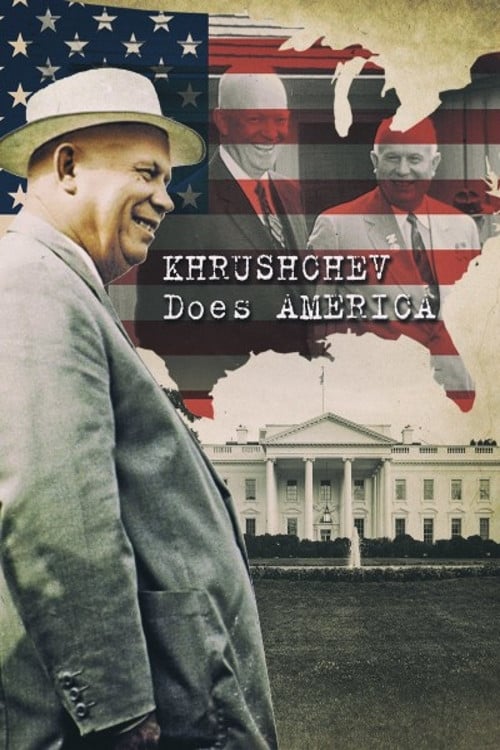
6.7


7.1
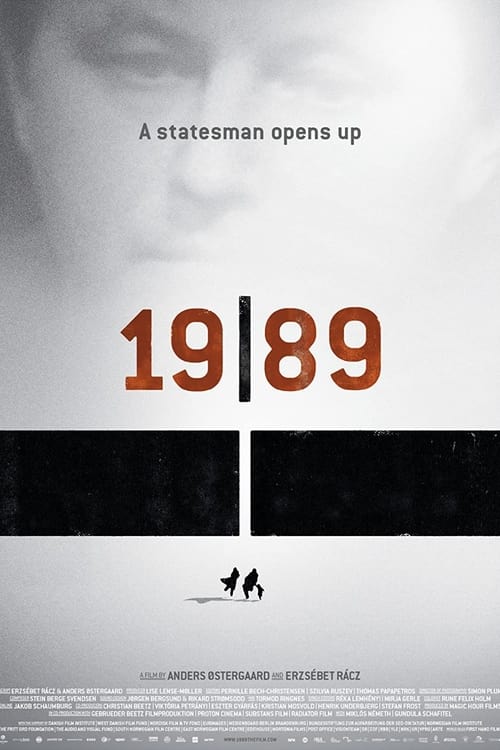
7.5

6.0

8.0

8.0
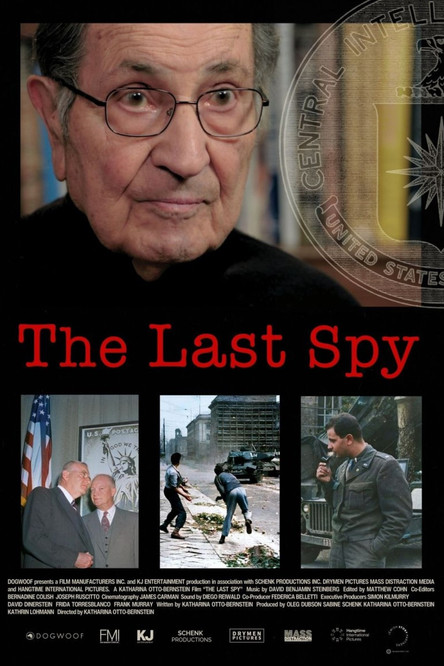
5.7
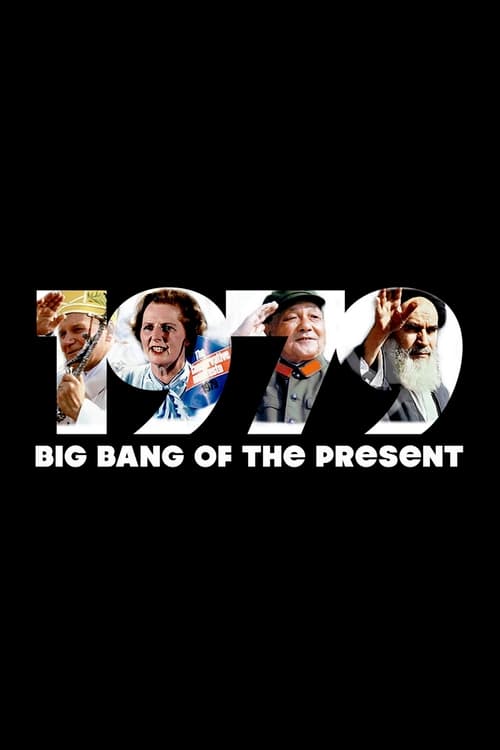
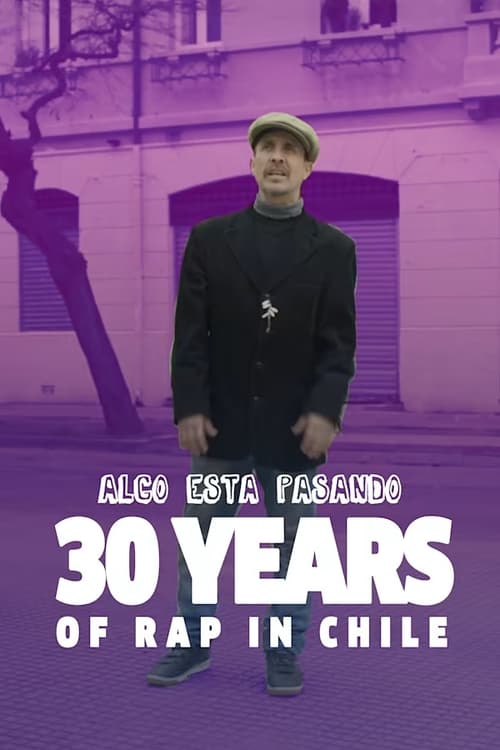

8.0
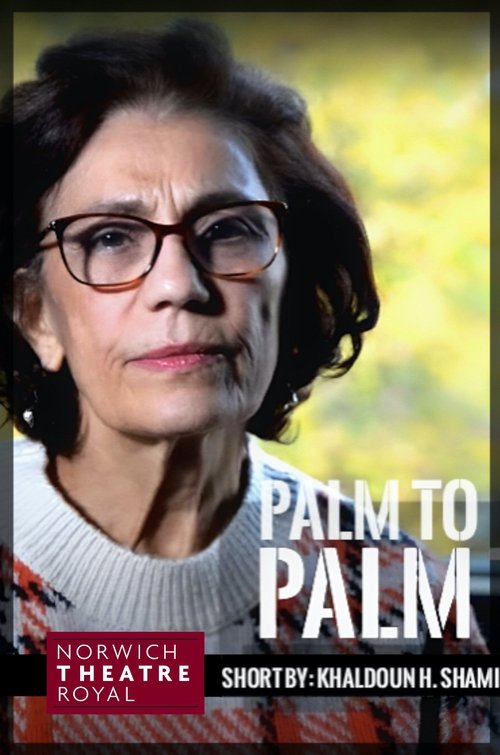
6.5

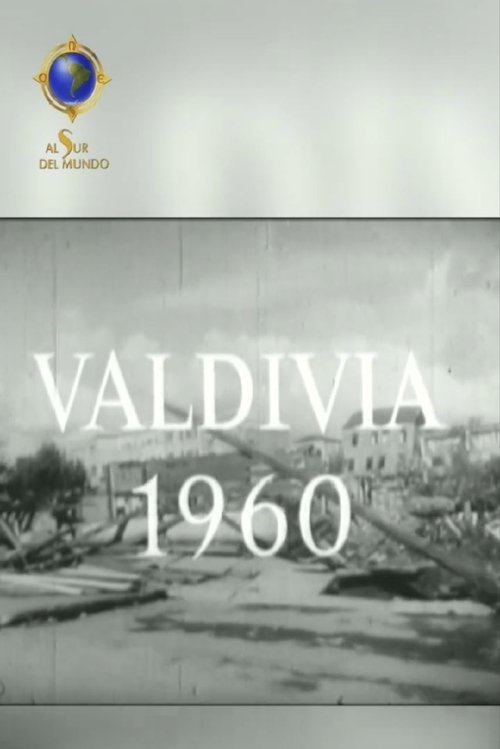
6.3

7.0
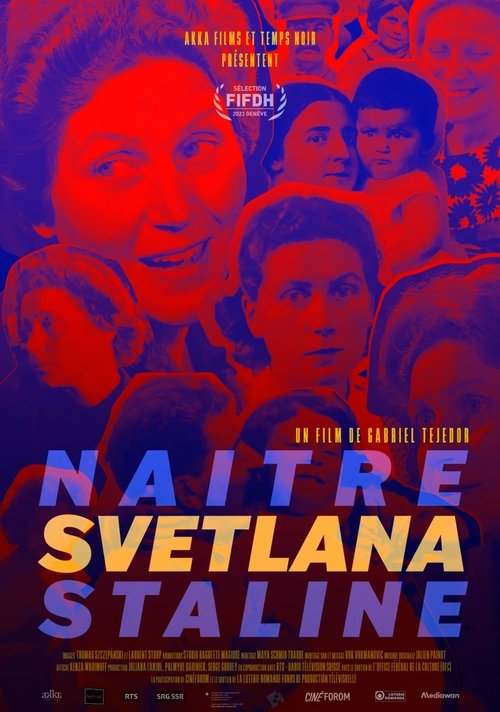
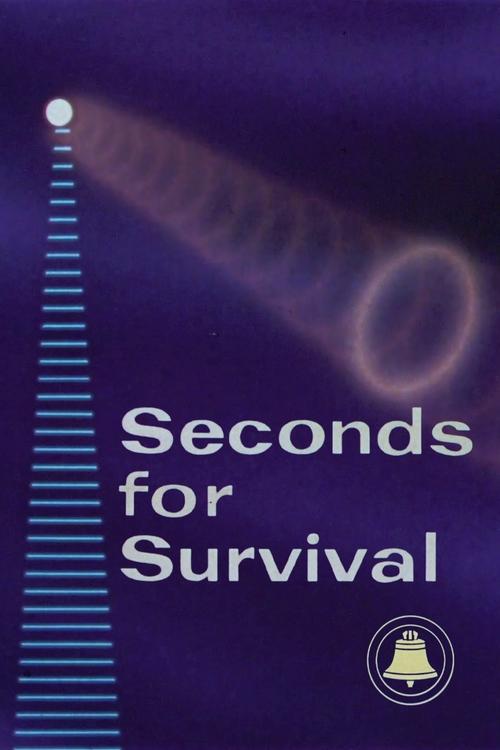


10.0
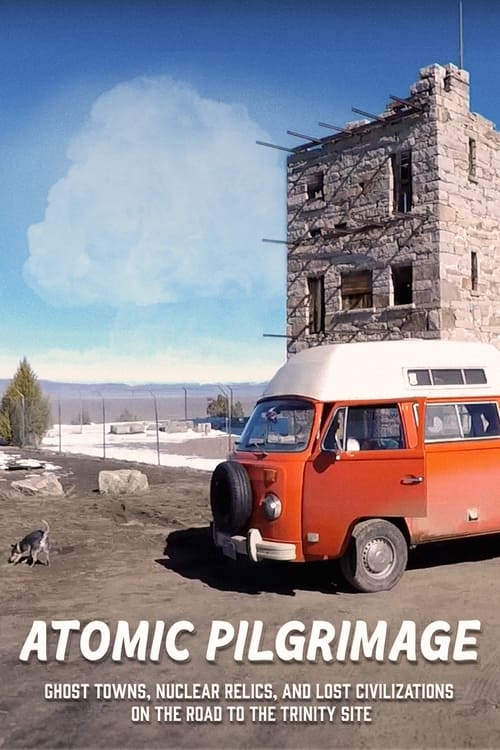
Atomic Pilgrimage: Ghost Towns, Nuclear Relics, and Lost Civilizations on the Road to the Trinity Site
2019
Search similar movies
7.4

8.0

7.3
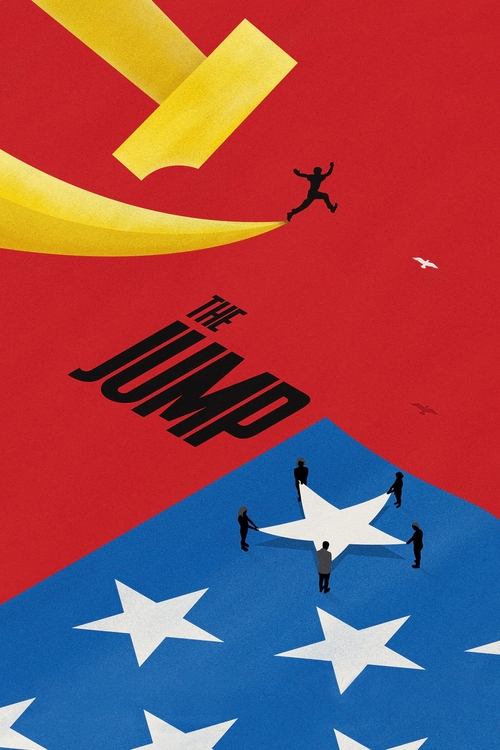
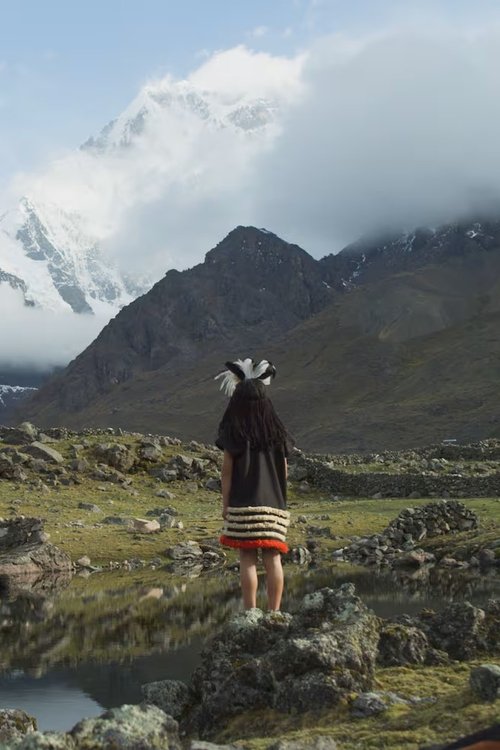
6.9

8.0

7.1
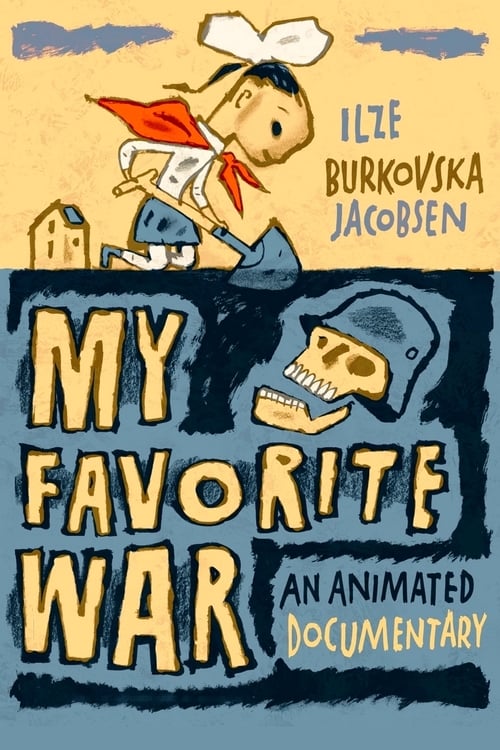
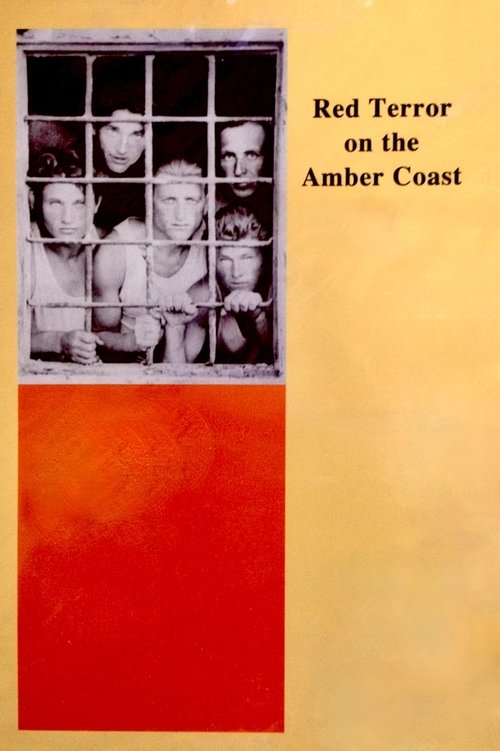
10.0
